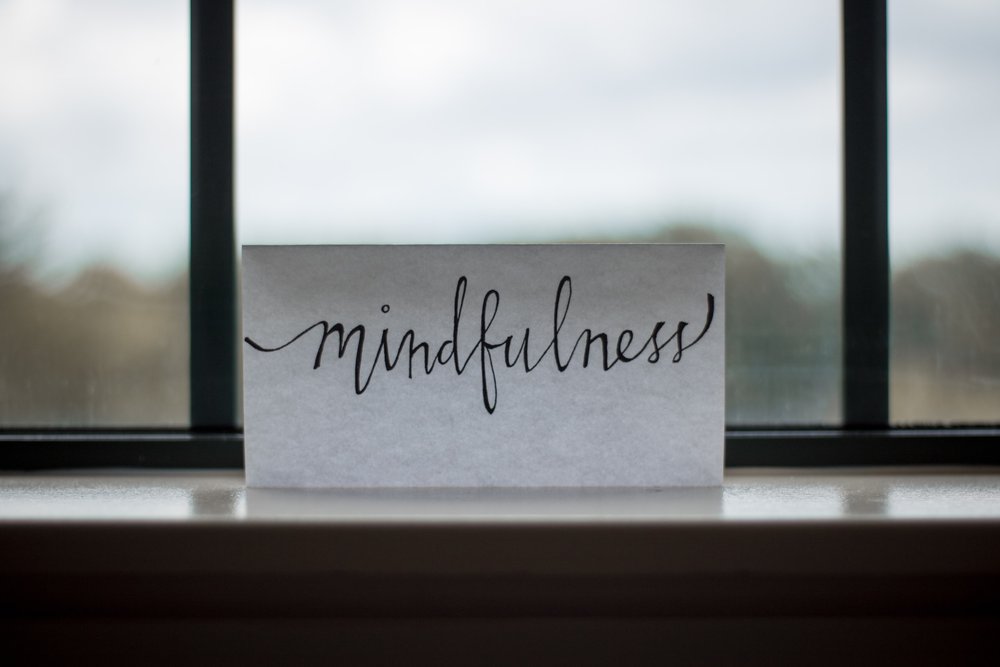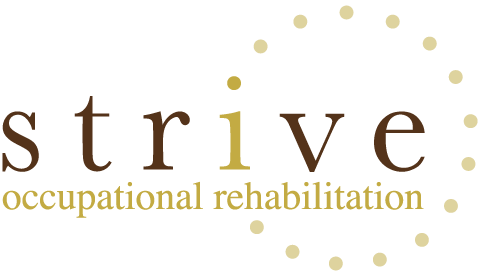
Many people are feeling that work is not working, but just don’t know where to start to make a change. Alternatively, they change lots of things without being really clear about what is not working. In response to this I developed my M.A.G.I.C Framework that allows you to identify what is not working and develop an action plan to make the changes that will allow work to work again. Over the next few months I am going to delve into my M.A.G.I.C model which is the acronym I use for the core drivers of health and wellbeing at work; Meaning, Authenticity, Ground Rules, “I” and Curiosity. But before we explore the M.A.G.I.C Framework any further, I would like to just stop and consider how we spend our time. My background is Occupational Therapy so it has never been a stretch for me that how we occupy our time can be therapeutic. Goodness knows for many of us we spend a lot of time at work, so it can determine whether that therapeutic effect is positive and we feel uplifted and even energised by our work environment or after our time spent at work we feel drained and depleted. Which of these descriptions resonate for you?
Before we explore the M.A.G.I.C Framework I think we need to take a step back to look at this scenario from a different perspective. We need to ask if we are in the driver’s seat when it comes to the management of our time. Are we active participants or are we sleepwalking through our life but then expecting great results?

In 2010, Harvard psychologists Matthew Killingsworth and Daniel Gilbert conducted research that determined that people were not paying attention/fully engaged with what was right in front of them – 47 per cent of the time. This research becomes even more interesting when we take into account our negative bias. The fact that we are five times more likely to hang on to the negative rather than the positive. This means when we are not in the present, there is every chance we are not thinking about a holiday we enjoyed or something coming up that we are looking forward to. We are more likely to be worrying about something from our past or anticipating something coming up in the future that concerns us. Both of these scenarios present a threat to us and elicit our stress response. So, if we want our employees to thrive at work, to feel safe and secure and to have a sense of well-being, then giving them tools to come into the present is key.
Let’s break this down a little further to understand the benefits.
The only place we can be active in our lives is in the present. It feels like an obvious requirement for our workforce that they are in the present when they are at work so that they can focus and concentrate on what is in front of them. This seems to be particularly relevant at a time when the matters we are considering are increasingly complex.
But the benefits extend beyond focus. As I outlined above, when we are not in the present there is every chance we are thinking about something that has negative connotations in the future or the past and this presents a threat to us even though it is only in our minds and not actually happening. As a consequence, our stress response becomes active. When this happens, we operate from our amygdala where we are more likely to react rather than respond. I think we have all seen this play out in workplaces; an email sent without a second read, a snappy response, a curt reply, even somebody blowing up over something that appears to be not such a big deal. In short, it plays havoc with our emotional responses. When we provide our teams with the skills to come into the present it also provides mastery over our emotional responses. If we extrapolate further, when you have a group of people who have mastery over their emotional responses, they are more likely to get on. To extend this even further, when teams are getting on and really singing you have the chance for the cream; the innovation and the creativity that takes our businesses to another level.
So what are these skills? In a nutshell, it is mindfulness. Now, I feel some of the shine has been taken off this word. But in its simplest form, it is just coming into the present. If you want to be in the driver’s seat of your life; mindfulness is a game changer.

To find out more head to sharondarmody.com

 What is the big picture?
What is the big picture?